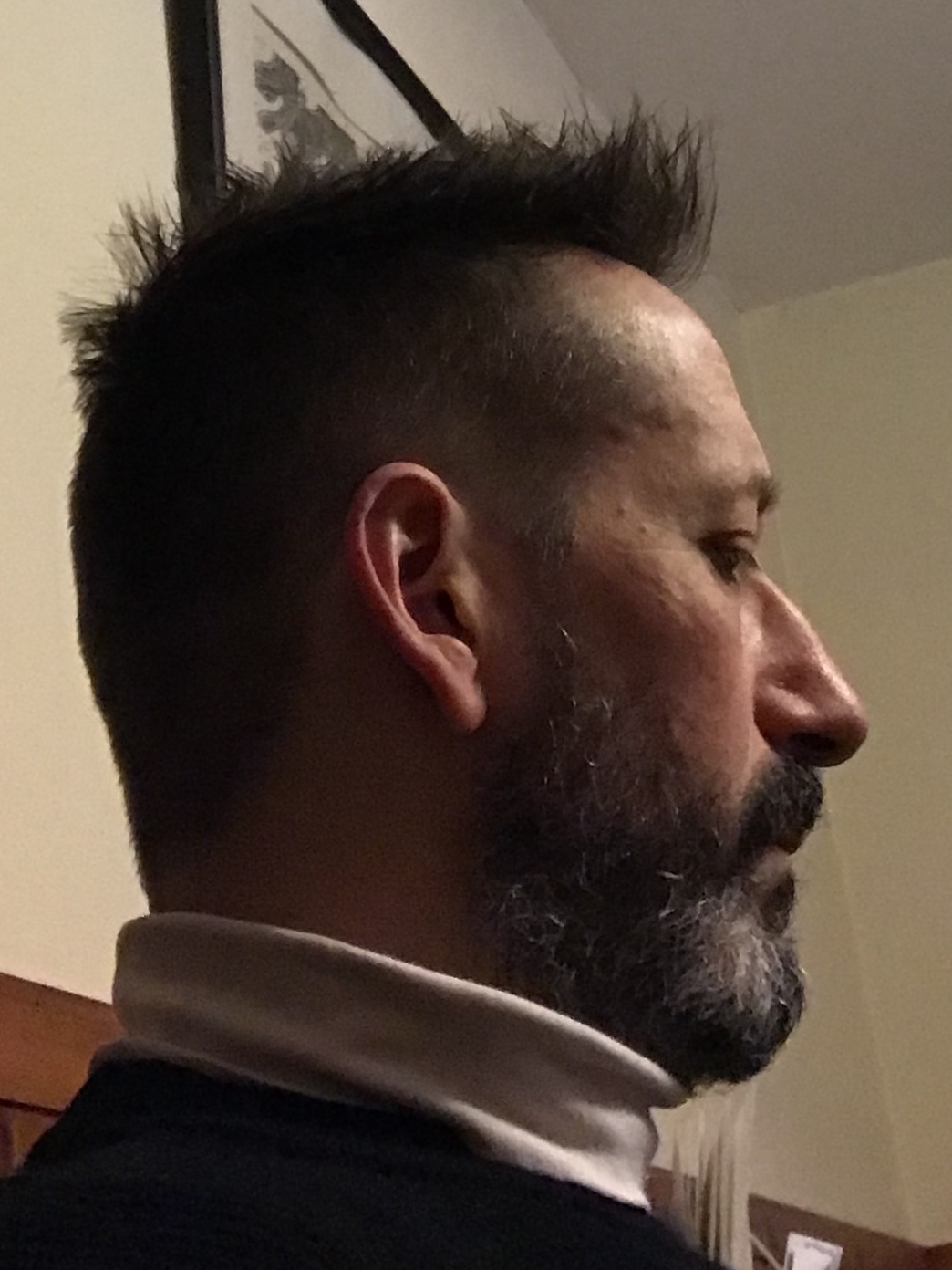By MICHAEL DAVIDOW, Radio Free New Hampshire
Their leader lies to his people; he tells them that their enemies have attacked them so they need to fight back. When the battle itself goes badly, he refuses to even call it a battle. He minimizes what is happening and he blames it on others. He threatens more violence against those he has already violated. His supporters cheer him on as the world stands aghast. And people die.
It’s amazing, but these words could apply to either Vladimir Putin or Donald Trump.
I wonder if Russia would still support Putin if Russia had a healthy system of news reporting. Russians are fed little but propaganda. Most seem to have a good faith belief that their country is guiltless in its dealings with Ukraine. It’s nice to believe that if we could show them what is really happening, they would change their minds and do something about it.
But our own recent experience complicates that neat little picture. Trump flat-out lied about losing the last election. His lies were child-like in their obviousness. Our journalists reported the truth about that election and his lies, over and over. Yet not only did people still choose to believe him, the Republican Party itself has repeatedly endorsed his fantasies. In a country with the best newspapers in the world, lies have been accepted, amplified, and turned to gospel. And that has had consequences.
I believe that Putin chose this time to invade Ukraine at least partly because he felt that the West has turned against the truth itself as any motivating factor for societal growth and transformation. He acted as he did, because he felt like his lies would have power and the truth would not.
He felt this way because the countries of Western Europe, in their dealings with China and Russia both, have been prioritizing money over morals for decades. He felt this way because Britain left the Common Market after a campaign replete with lies and barely hidden jingoism. And he felt this way because the world’s greatest democracy, the United States of America, has torn itself apart because one fat man in Florida is afraid of the dark. It is the original sin, the sin of all sins: elevating your own individual wants and needs over the objective truth of our world.
Thomas Kuhn was a philosopher of science. In his work from 1962, “The Structure of Scientific Revolutions,” he explained how scientists come to an understanding of things; how they use that understanding to predict how things work; they reach limits where they can no longer predict the next thing; and they then develop a new model to explain that next thing, which new model then replaces the old. Kuhn felt that science was only useful insofar as it could make predictions; that the test of any theory was how well it could do so; that some theories were therefore demonstrably better, or more true, than other theories, because they predicted more and better things; and that was how science developed.
The classic example is gravity. Newton’s version of gravity lasted for hundreds of years, and it was so powerful and so convincing that it still explains most of what people need to know on a daily basis. As physicists delved further into the universe, though, Newton’s model ultimately fell short, and Einstein improved on it with a theory that both encompassed everything Newton’s did and also did more. Einstein’s model will likely be replaced sometime too. Ad infinitum.
Kuhn believed that while the nature of the universe was ultimately unknowable, we could nevertheless keep getting closer and closer to it. He was an optimistic pessimist, as it were. But more importantly, in Kuhn’s world, truth is a force multiplier– it lets you do more and more things, with more and more power. Untruth is a weakening agent. It will eventually bring you down.
And yes, we can always argue about what the truth is. But Kuhn teaches us that we can’t ignore evidence and we can’t ignore results. And in the science that we call political science, the same tests apply, with these brutal stakes: what promotes life, and what promotes death.
What better proof of this can be found, than in the retrograde horror of Russia’s war against Ukraine: a war in which lies are directly pitted against truth, where people are literally dying in the service of truth against a host of lies. And what better way can there be for us to protest that horror, than by embracing the concept of truth as the principle organizing factor in our own public lives. Truth, not profit; truth, not ego; truth, not fear.
He is the author of Gate City, Split Thirty, and The Rocketdyne Commission, three novels about politics and advertising which, taken together, form The Henry Bell Project, The Book of Order, and his most recent one, The Hunter of Talyashevka . They are available on Amazon and Barnes and Noble.





